Welcome to the Department of Chemistry and Physics at College of Natural and Applied Sciences (CONAS) of Sokoine University of Agriculture (SUA).
Learn MoreThe Department offers both undergraduate and postgraduate programmes that provide a deep understanding of different scientific truths in the field of Chemistry and Physics
Learn MoreThe university has a science laboratories equipped with modern and advanced equipment for teaching, research and consultancy activities
Learn More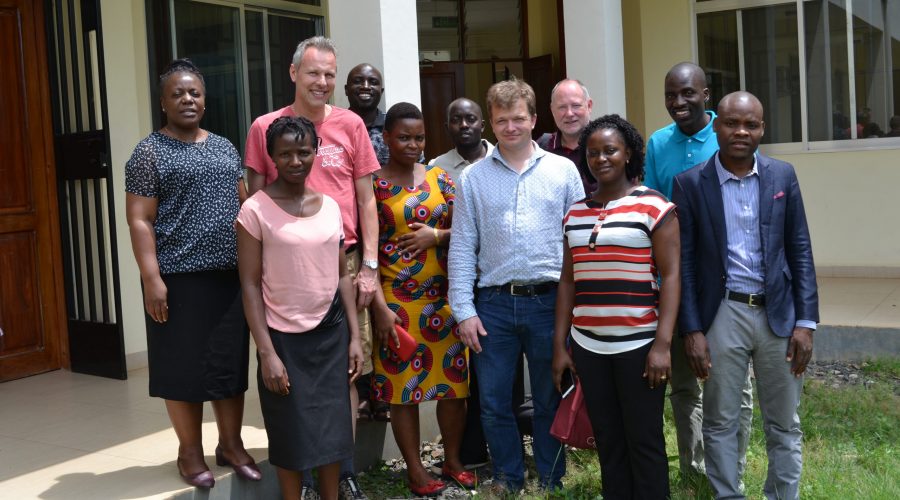
The Department hosts five (5) Bachelor degree programmes in Education, Physics, Mathematics, Chemistry, Geography and Information Technology
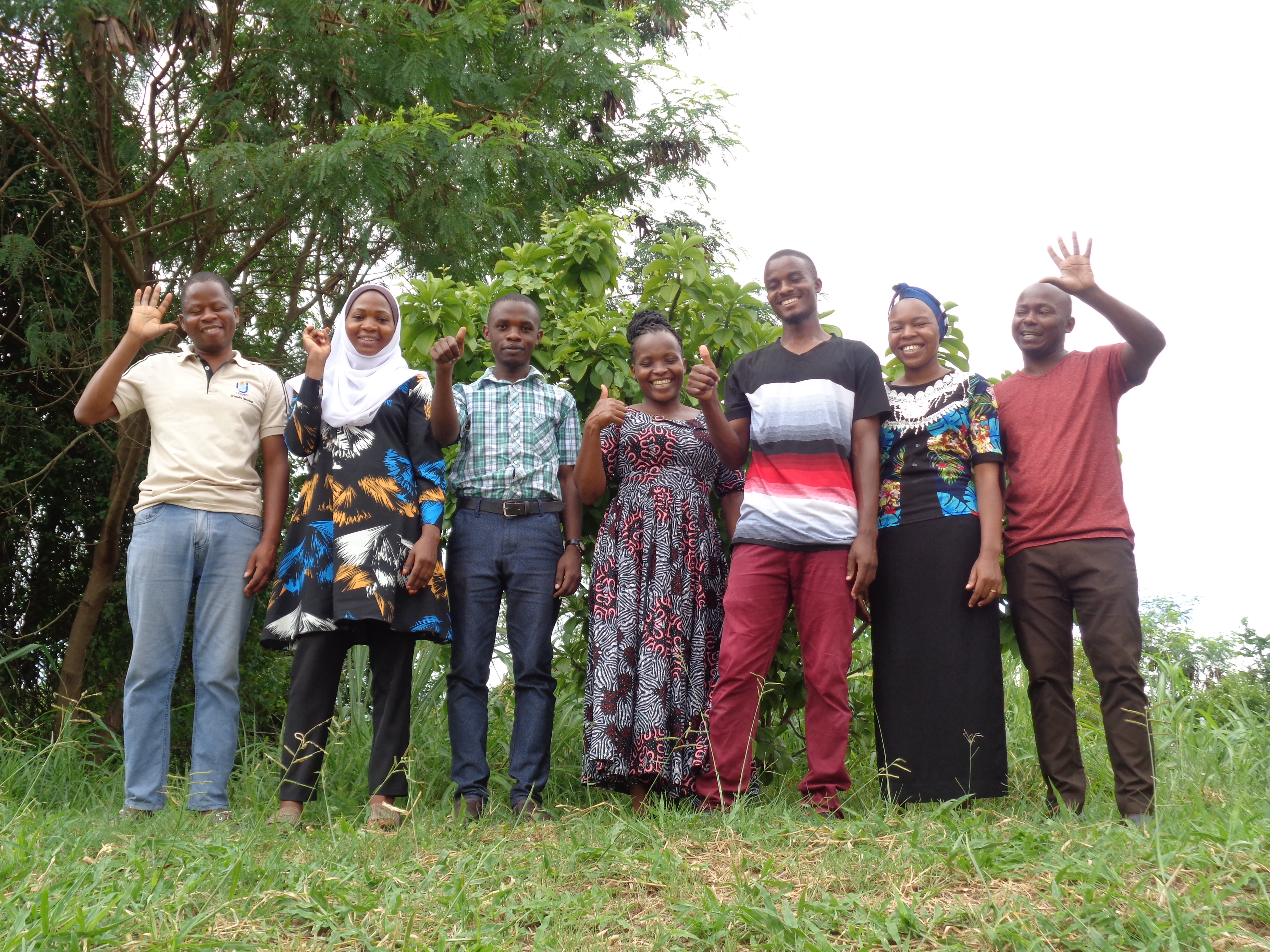
The Department host three (3) Masters programmes in Education, Chemistry, Analytical Chemistry, and Phytochemistry
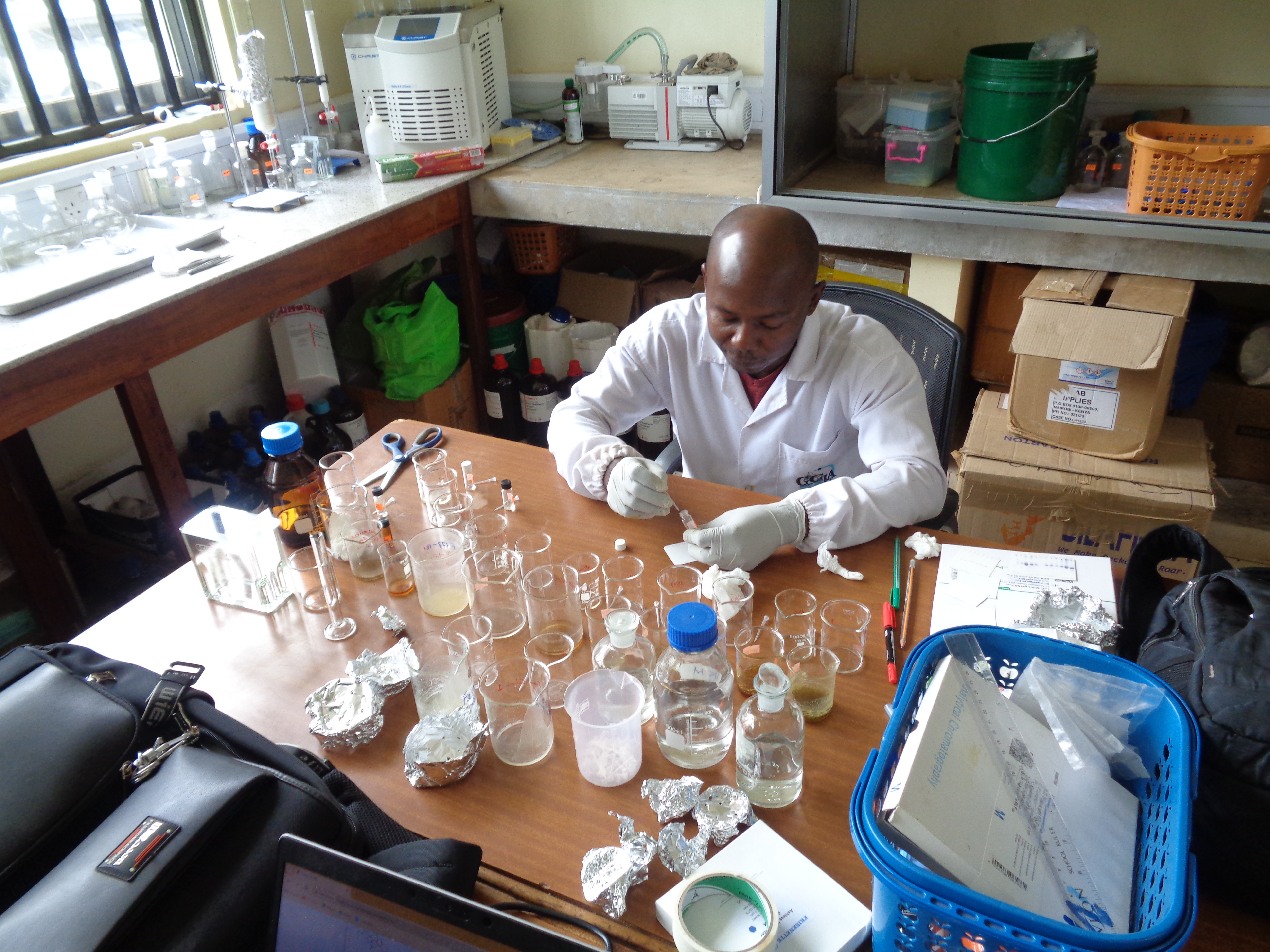
The Department hosts three (3) PhD programmes in Phytochemistry, Phytomedicine and Analytical Chemistry by Research
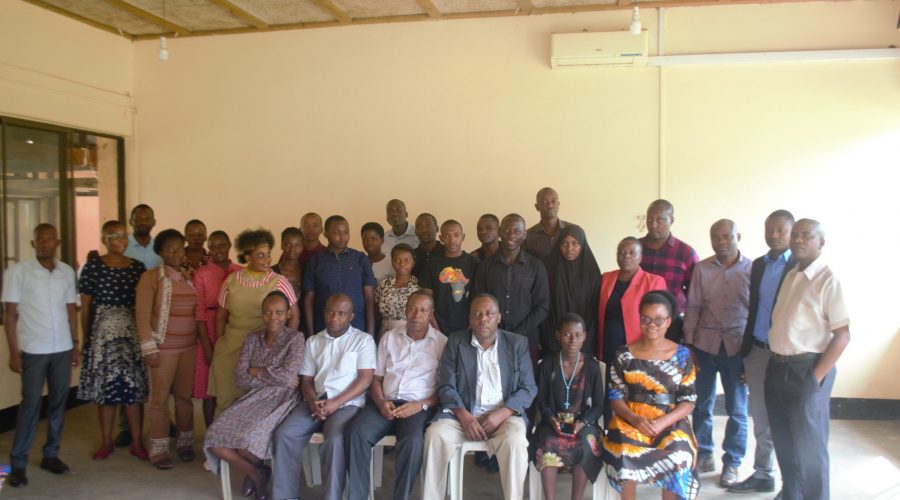
Currently the Department has 10 academic and 12 Technical and administrative staff. Most of our staff are involved in research projects of various nature, scope and output
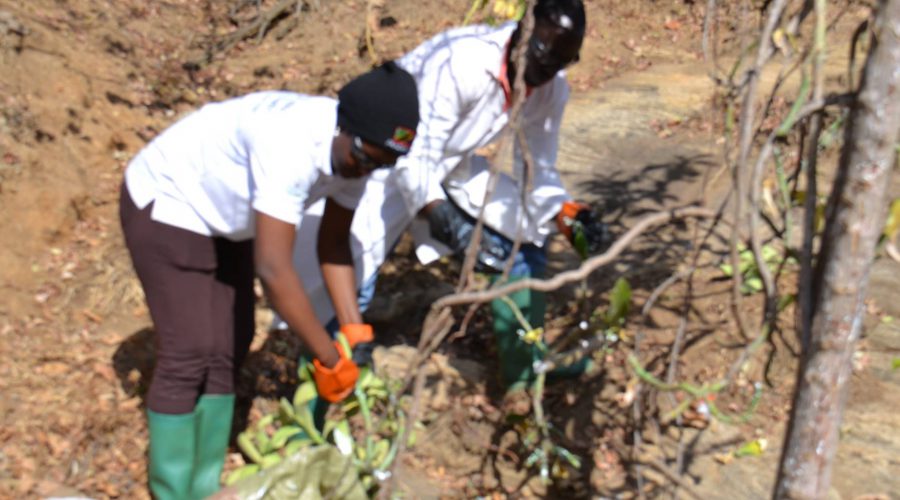
The Department and its collaborators are leaders in conducting research and studies that contributes to the national, regional and global developmental agenda in the area of Chemistry and physics
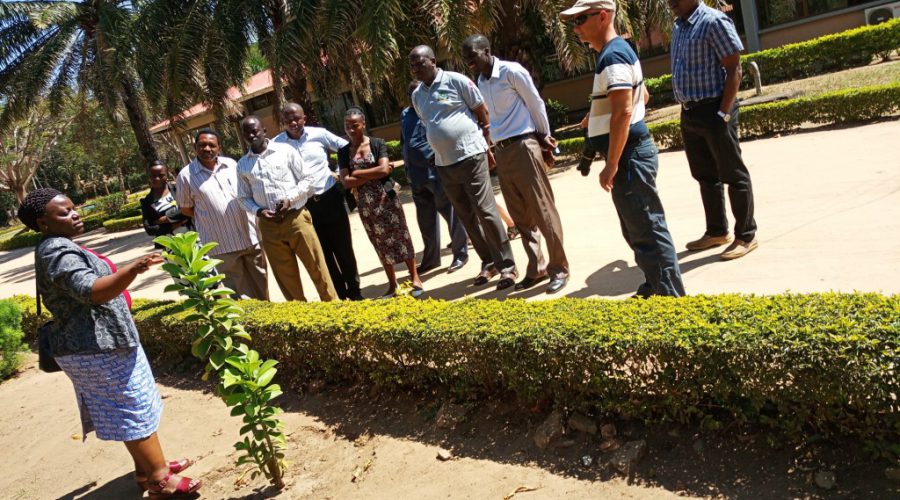
Currently there are 4 ongoing research projects in various fields of Chemistry and Physics. This includes GRILI, PEER, VaSPHARD. All are supported by Institutional, National and International donors.